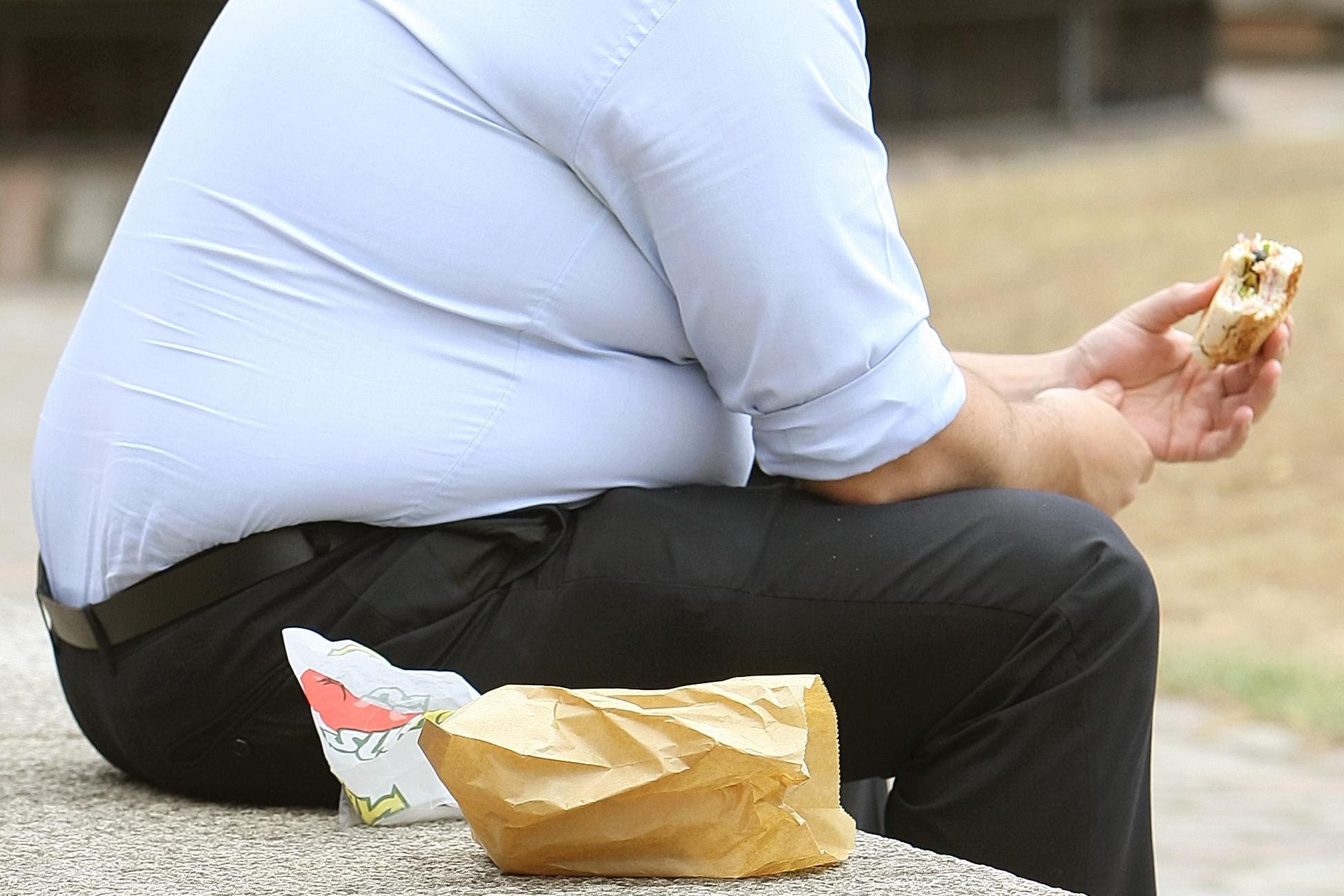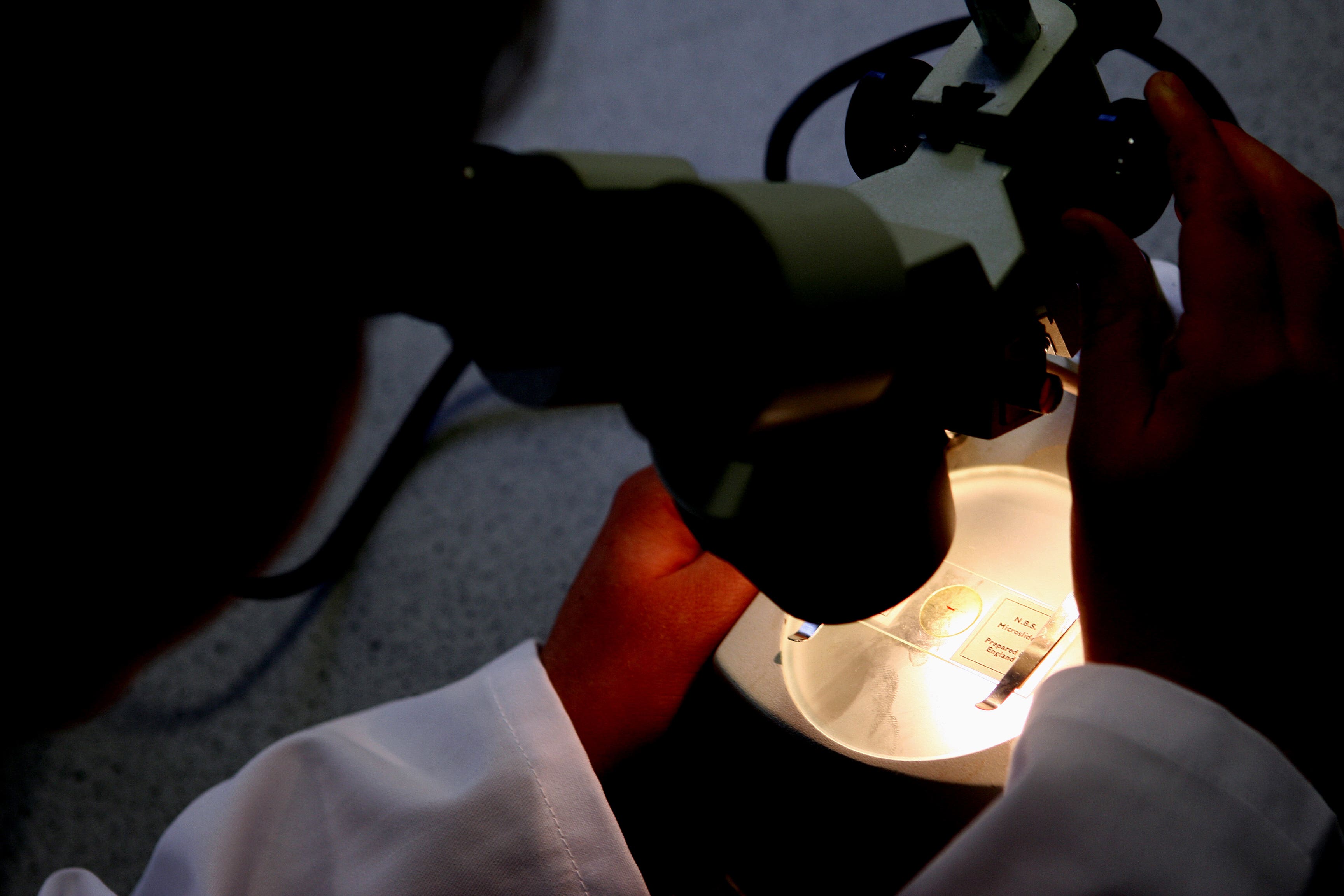Doctors discover new obesity treatment that doesn’t involve regular dieting
The body is tricked into burning more calories

Your support helps us to tell the story
From reproductive rights to climate change to Big Tech, The Independent is on the ground when the story is developing. Whether it's investigating the financials of Elon Musk's pro-Trump PAC or producing our latest documentary, 'The A Word', which shines a light on the American women fighting for reproductive rights, we know how important it is to parse out the facts from the messaging.
At such a critical moment in US history, we need reporters on the ground. Your donation allows us to keep sending journalists to speak to both sides of the story.
The Independent is trusted by Americans across the entire political spectrum. And unlike many other quality news outlets, we choose not to lock Americans out of our reporting and analysis with paywalls. We believe quality journalism should be available to everyone, paid for by those who can afford it.
Your support makes all the difference.A study has shown a potential new way to treat obesity away from weight loss drugs such as Ozempic.
Removing a single gene from fat tissue can trick the body into burning more calories without the need for regular dieting, the new research shows.
PHD2 is a gene that plays a key role regulating brown fat – a type of tissue that keeps a person warm in cold temperatures.
However, researchers have found that removing this gene from brown fat tissue caused the body’s metabolism – a process that converts nutrients from food into energy – to speed up.
Results, published in the journal Nature Communications, showed mice without the gene burned 60% more calories than those with the PHD2 gene – despite eating significantly more.
Dr Zoi Michailidou, a researcher in NTU’s School of Science and Technology, said the findings could pave the way for new ways to treat obesity, type 2 diabetes and other diseases associated with being overweight.
She said reducing the gene’s effect “may break the link between being overweight and type 2 diabetes, meaning our findings could be important for people with an increased risk of this disease”.
Dr Michailidou said that although it is early days and more research is required in people, targeting the PHD2 gene “could open up new strategies to sustain weight loss by increasing metabolism and without the need for continuous dieting”.

The scientists said that being at high altitudes – such as peaks or mountains where oxygen levels are lower than sea level – can increase a person’s metabolism.
So the team wanted to find out if they could mimic this high-altitude effect by removing the PHD2 gene, which acts what the researchers describe as “an oxygen sensor for the body”, from brown fat tissue.
After tests on mice showed those without the gene burned significantly more fat and calories, the researchers then analysed blood from more than 5,000 people to better understand the effect of the PHD2 gene.
They found the levels of the PHD2 protein – which is encoded by the PHD2 gene – were higher in those who carried more belly fat.
Dr Michailidou said: “Brown fat is a special kind of calorie-burning tissue more active in humans when they are exposed to cold temperatures.
“By removing a protein that lets fat cells sense oxygen, we have been able to show that calorie burning could happen in mice and human cells even when they are not exposed to cold temperatures.”
While there are now weight loss drugs such as Ozempic available to help tackle obesity, she said that “not all drugs will work for all people so we need alternatives to complement lifestyle approaches”.
The team also discovered the gene was associated with an increased risk of metabolic diseases such as diabetes and thyroid disorders.